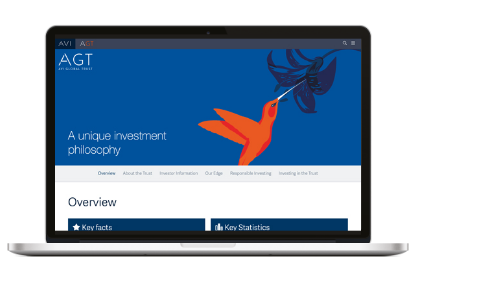Finding
Undiscovered
Value.
Annual Report 2025
The hummingbird embodies agility through rapid wingbeats, precision in its ability to hover and extract nectar from tiny flowers, and adaptability by thriving across diverse environments – perfectly reflecting our approach to uncovering opportunities.




































